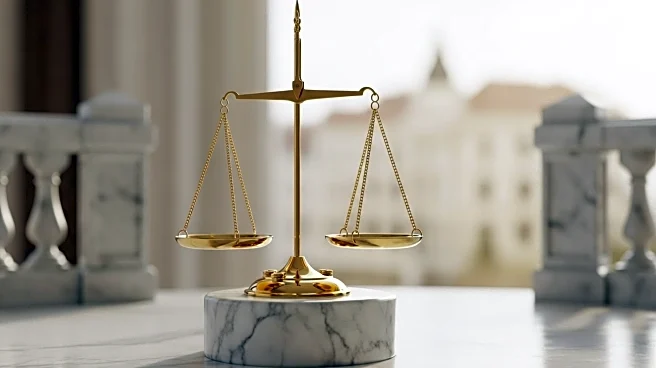What's Happening?
Meta, led by Mark Zuckerberg, is positioning itself as a champion of free speech by reducing over-enforcement and relying more on community notes rather than direct censorship. This shift follows Elon Musk's acquisition of Twitter, now X, and his efforts to dismantle censorship operations. Meta's changes include modifying classifiers to reduce false positives and allowing more political content. However, the European Union poses a significant challenge with its Digital Services Act, which could impose fines on platforms like X for not censoring content.
Why It's Important?
Meta's actions could reshape the landscape of free speech on social media, potentially reversing the trend of increasing censorship. With over 3 billion users, Meta's influence is substantial, and its commitment to free speech could set a precedent for other platforms. The company's efforts to accommodate EU regulations while maintaining free speech protections highlight the ongoing tension between global regulatory frameworks and platform policies. This development is crucial for free speech advocates and could impact how social media companies operate worldwide.
What's Next?
Meta may continue to negotiate with the EU to find a balance between compliance and free speech. The company could expand its notification system to inform EU citizens about geoblocking due to censorship regulations. In the U.S., Meta might collaborate with government and corporate allies to strengthen free speech protections. These efforts could lead to a coalition advocating for free speech on a global scale, influencing future regulatory and policy decisions.










